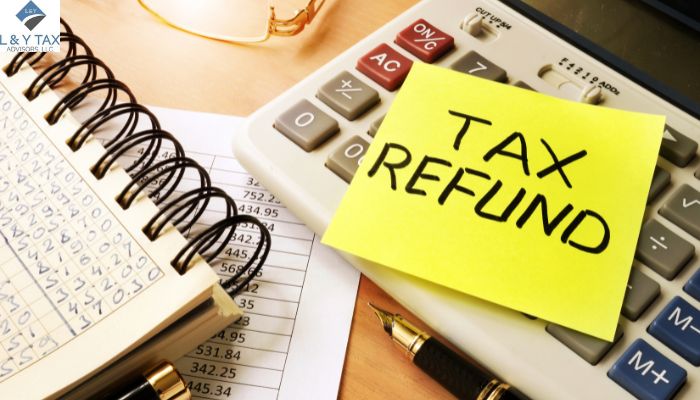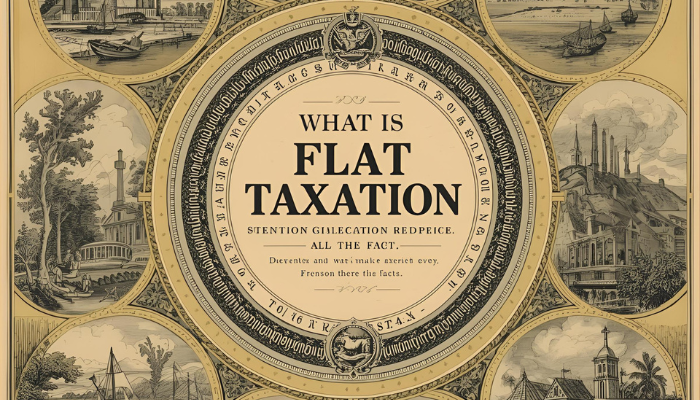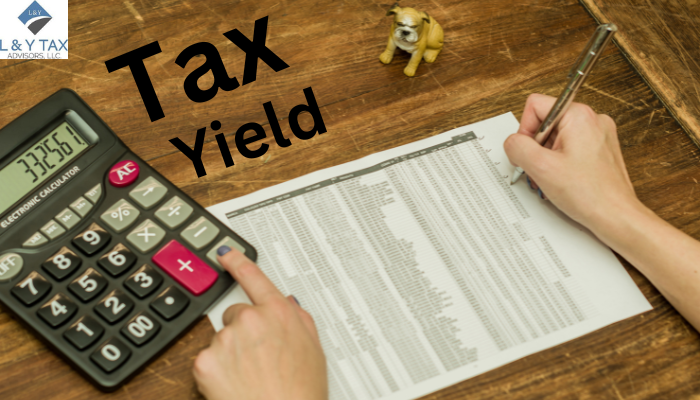
Can Someone on Welfare Get a Tax Refund?
Running welfare programs righteously is an act of worship. You must be extra cautious while regulating its taxation and other monetary aspects. Can someone on welfare get a tax refund?
The possibility of getting a tax refund can be either a happy or anxious experience. It is crucial to have a deeper look at the relationship between welfare assistance and tax returns.
To answer the question, ‘Can someone on welfare get a tax refund?’ Our experts will help you investigate and clarify this matter.
Recognizing Welfare Benefits
Government organizations frequently run welfare programs. They give money to people and families with special needs or poor incomes. Among other things, these benefits might include:
- Monetary support
- Food stamps
- Housing aid
- Health insurance
Welfare program eligibility requirements vary depending on several variables, including:
- Household size
- Income level
- Unique circumstances
Click here to avail of our commercial property tax expertise.
Tax Refunds: An Essential Source of Funds
Tax refunds result from either overpaying taxes over the year or receiving refundable tax credits like:
- Child Tax Credit (CTC)
- Earned Income Tax Credit (EITC)
These refunds revamp the monetaries of the needy. You can do so by providing a necessary resource for a range of necessities, such as:
- Housing
- Schooling
- Medical costs
Can Someone on Welfare Get a Tax Refund?
Yes, people on welfare can avail a tax refund. Refunds can be significant for many recipients of welfare. They can be eligible for:
- Earned Income Tax Credit (EITC)
- Child Tax Credit (CTC)
These factors determine eligibility for the EITC:
- Earnings level
- Filing status
- Number of eligible children
Eligible taxpayers can get a refund. It makes the EITC an effective tool for relieving financial stress.
How Non-Taxable Welfare Income Influences Refund Eligibility?
The IRS does not consider most welfare payments, including housing aid and food stamps, taxable. In other words, they do not lower the eligibility for refundable credits or count as earned income for taxation.
In addition to receiving assistance, the beneficiary may still be eligible for credits (such as the CTC or EITC) if they make even a little amount of taxable income. To maximize the available tax benefits, it is crucial to comprehend the difference between earned and non-taxable income.
How to File Taxes Without a Traditional Income Stream?
Filing taxes with little or no traditional work income is a commonly ignored angle. Filing a return can unlock refundable credits even if a person primarily relies on public benefits, particularly if they earned money part-time or through gig work.
According to the IRS, you don’t have to owe taxes to get a return from credits like the EITC. Low-income households can avoid losing out on these crucial benefits by filing a return.
Therefore, just because they have little earned income does not mean welfare recipients should skip filing.
Handling the Tax Filing Procedure
People on welfare must carefully follow the tax filing procedures to receive their refunds. Their tax return must correctly reflect their income, credits, and deductions.
Filing taxes might seem overwhelming. However, there are several tools available to help people file their taxes quickly and correctly, such as:
- Online filing alternatives
- Free tax preparation services
Contact our city property tax resources here.
Recent Enhancements to Refundable Credits (2025–2026 Adjustments)
As of the 2025 tax year, the federal tax code has applied inflation-adjustments to major refundable credits. The aim of these adjustments is to assist low-income families.
Now, the Earned Income Tax Credit (EITC) offers higher maximum refund amounts for eligible taxpayers. It is particularly for those with multiple children. This increases the potential benefits for working families at the lower end of the income scale.
Moreover, the Child Tax Credit (CTC) remains structured. It allows a refundable portion through the Additional Child Tax Credit (ACTC). It enables families with minimal tax liability to receive a refund.
Such yearly adjustments reflect ongoing legislative and inflation-based updates. They make it more worthwhile than ever for eligible welfare recipients, particularly those with earned income or children – to file a return and claim these credits.
Interaction Between Refunds and Public Benefit Eligibility
An important yet overlooked consideration is the way a tax refund affects eligibility for public benefit programs such as welfare and assistance under programs like
- Supplemental Security Income (SSI)
- Temporary Assistance for Needy Families (TANF)
- Food-assistance programs like Supplemental Nutrition Assistance Program (SNAP)
Refunds from EITC or ACTC are not counted as ‘income’ by many benefit-administration agencies. They may be considered a ‘resource’ or lump-sum asset. It potentially affects eligibility if asset-threshold rules apply. Recipients should promptly report the receipt of any refund to their local benefits office. If required, ‘spend down’ or otherwise manage these funds to ensure compliance.
Proper management after receipt assures that the refunded amount assists with financial stability instead of triggering a loss of vital benefits.
Maximize Refunds with the 2025 ‘One Big Beautiful Bill’ Act Updates
The federal tax underwent a seismic shift with the passage of the ‘One Big Beautiful Bill Act’ in July 2025. It significantly boosts refund potential for low-income households.
For the 2024 and 2025 tax years, the Child Tax Credit (CTC) has been increased to USD 2,200 per child, with the refundable portion – the Additional Child Tax Credit (ACTC) – now reaching up to USD 1,700 for eligible families.
In addition, a groundbreaking change allows up to USD 5,000 of the Adoption Tax Credit to be refundable for the first time.
These legislative enhancements make sure that even those primarily relying on welfare can secure a substantial financial windfall if they have minimal earned income from part-time or gig work. This effectively increases the ‘safety net’ through the tax code.
Navigate State-Level Credits and the ‘Spend Down’ Asset Rule
Beyond federal refunds, many individuals on welfare overlook state-specific Earned Income Tax Credits (EITC), which have recently expanded in states like Pennsylvania and the District of Columbia. These state credits can add hundreds of dollars to your total refund without affecting your welfare eligibility – provided you manage the timing correctly.
Under current 2025 SSI and SNAP guidelines, a tax refund is typically not counted as a ‘resource’ for the first 12 months after receipt. Nonetheless, to maintain continuous eligibility for asset-tested programs, recipients should plan to ‘spend down’ these funds on exempt assets – such as home repairs, reliable transportation, or education – before the one-year grace period expires. This strategic monetary planning prevents a temporary tax refund from triggering a permanent loss of vital public assistance.
The Bottom Line
So, can someone on welfare get a tax refund?
These refunds offer financial assistance. They are an invaluable resource for individuals striving to obtain monetary stability and well-being. You only need to comprehend the relationship between welfare payments and tax refunds!
FAQs:
1. Does receiving welfare affect my tax refund?
No. Welfare benefits (e.g., TANF, SNAP/food stamps, Medicaid) are generally not taxable income, so they won’t reduce your refund. However, unemployment benefits are taxable and must be reported.
2. Can I get a tax refund if my only income is welfare?
Possibly, if you qualify for refundable credits. Welfare itself isn’t taxable, but if you have earned income (e.g., from a job) or qualify for the Earned Income Tax Credit (EITC) or Child Tax Credit (CTC), you may receive a refund—even if you owe no tax.
3. Do I need to file taxes if I’m on welfare?
Only if you meet IRS filing requirements (e.g., earned income above $13,850 for single filers in 2024). However, filing may be worthwhile to claim refundable credits like the EITC.
4. Will my welfare benefits be reduced if I get a tax refund?
Usually no. Tax refunds are not counted as income for most welfare programs (like SNAP or TANF). However, large lump sums (e.g., $10,000+) could temporarily affect eligibility—check local rules.
Read More:
list three things you should look for when hiring a tax professional.


